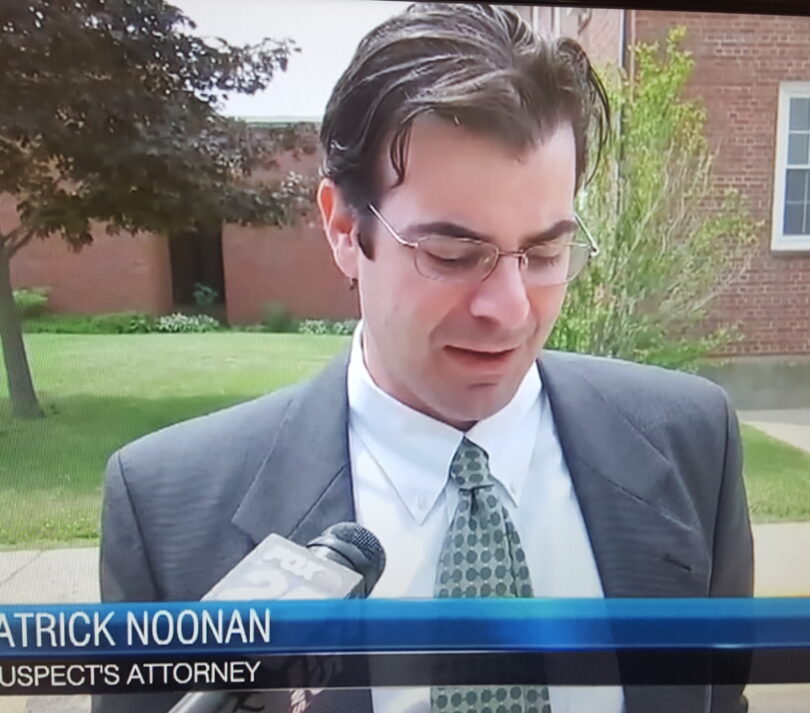Our clients come from all backgrounds and demographics and need a criminal defense attorney for various reasons. We have helped fathers, mothers, sons, daughters, wives, husbands and minor children.
We have helped professionals whose jobs were at stake and high school students who were trying to get into college.
Our clients and their reasons for hiring us are all unique, but they do have one thing common — all our clients’ matter to us and so does their future.
Attorney Gerald J. Noonan founded The Noonan Defense Firm after serving the Commonwealth of Massachusetts for many years as an Assistant District Attorney. Throughout his prosecutorial career, Attorney Noonan argued and tried hundreds of criminal cases including homicide, attempted murder, arson, rape, armed robbery, drug crimes, driving under the influence and cases involving many other serious criminal offenses.
As a criminal defense attorney, Gerald J. Noonan has over 340 successful criminal trials. Attorney Noonan knows the legal strategies and tactics both law enforcement and district attorneys use when trying to get criminal convictions. He has criminal trial experience on both sides of a criminal case, which is invaluable when you are looking for an attorney to represent you.
Our law firm represents and defends individuals arrested and charged with felonies and misdemeanors, federal crimes, juvenile crimes, and can assist with expungement of criminal records (record sealing.) To learn more about how we have helped others, we invite you to browse or case results below, and read our CLIENT REVIEWS.
The following are case results for some of the many clients we have helped throughout our criminal defense career.



